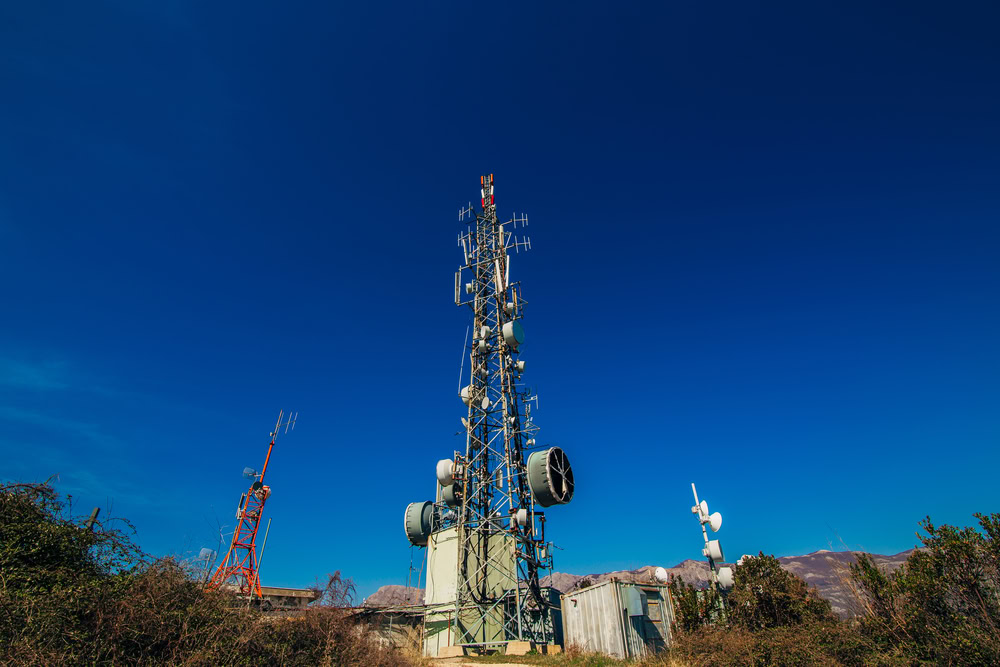Affiliate links on Android Authority may earn us a commission. Learn more.
Authorities may soon need a warrant to access a suspect's cell phone location records

As it stands today, the authorities have the ability to access a suspect’s mobile phone cell-site records without a court-issued warrant, even without taking into account the Fourth Amendment’s probable cause standard. That might change sometime soon, though, if a United States Supreme Court decision pans out in one defendant’s favor.
The Supreme Court has just recently been asked to review a case concerning a certain Florida resident named Quartavious Davis who was sentenced to a life term for committing a number of robberies in 2012. The case build by the involved law enforcement officers was based on a long list of Davis’ mobile phone cell-site records that were obtained without a warrant.
Davis is being represented by The American Civil Liberties Union, who wants the Supreme Court to overturn a decision filed in May from the 11th U.S. Circuit Court of Appeals. According to an ACLU attorney, this ruling against Davis was based on old cases that “don’t hold up well in the digital age”. Attorney Nathan Freed Wessler explains:
In reaching that conclusion, the Eleventh Circuit relied on Supreme Court cases from the 1970s that held that certain limited information that people voluntarily share with third-party businesses can be accessed by law enforcement without a warrant. But the logic behind those precedents, known collectively as the “third-party doctrine,” has not held up well in the digital age.
In short, the petition that will soon make its way to the Supreme Court can be summed up with the following excerpt:
It is virtually impossible to participate fully in modern life without leaving a trail of digital breadcrumbs that create a pervasive record of the most sensitive aspects of our lives. Ensuring that technological advances do not “erode the privacy guaranteed by the Fourth Amendment” requires nuanced applications of analog-age precedents.
If this decision is overturned and ruled in Davis’ favor, law enforcement officers from here on out will be required by law to get a court-issued warrant before obtaining a suspect’s cell-site location data records. However, as Ars Technica reports, it might not actually turn out that way.
Up until now, numerous appellate courts have argued that cell-site location data records aren’t in fact constitutionally protected. Instead, they argue that these files are classified as business records that telecommunication companies need to hand over to government officials who bring probable cause to the scenario. And because no other appellate court has ruled in favor of constitutionally protected cell-site documents, there’s likely a slim chance that the Supreme Court will actually do anything to intervene in this case.
While this isn’t the most hot button issue among government officials at the moment, we’re hoping the Supreme Court will finally settle this debate once and for all. We’ll be sure to update this post as more information is provided.